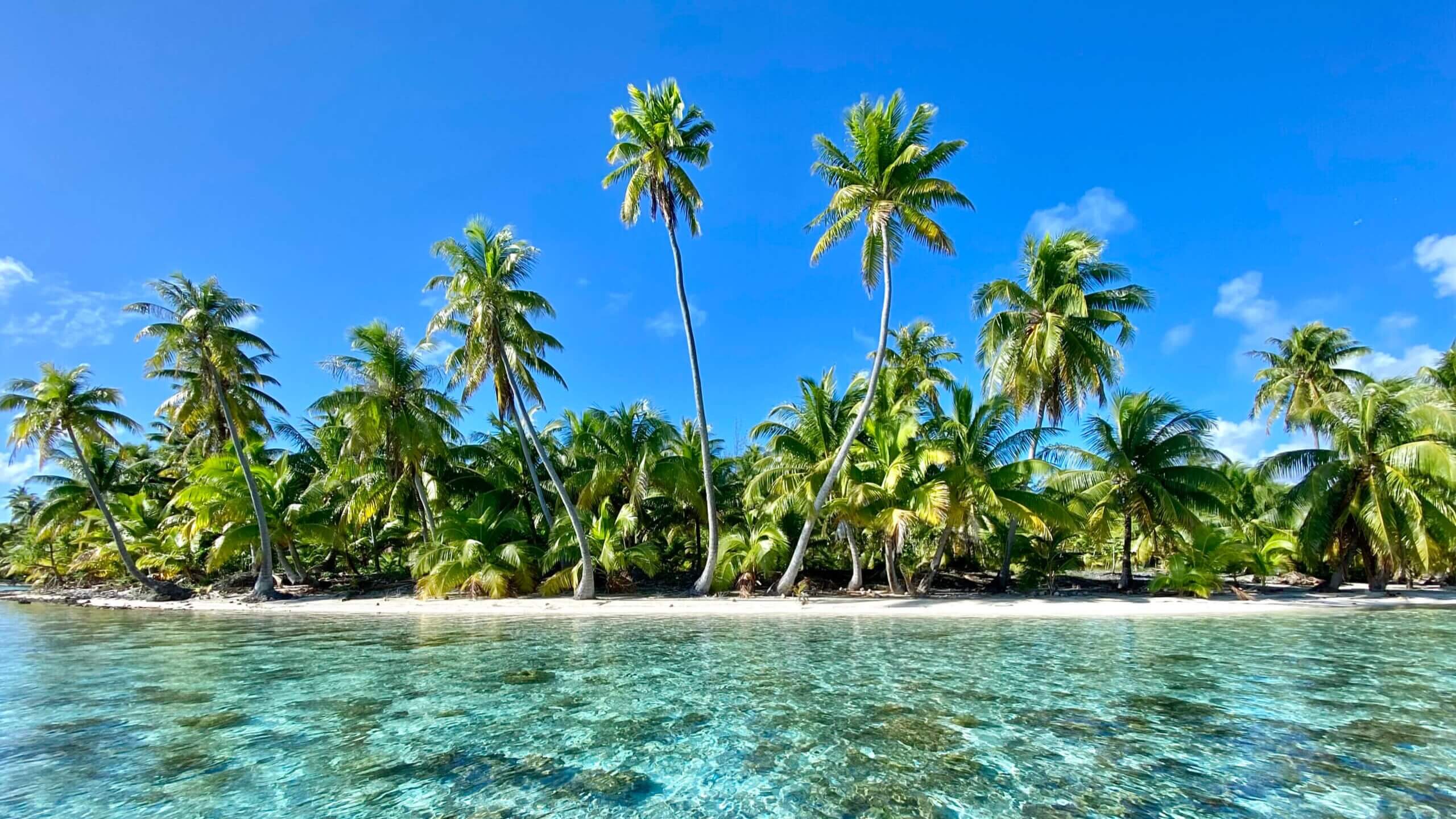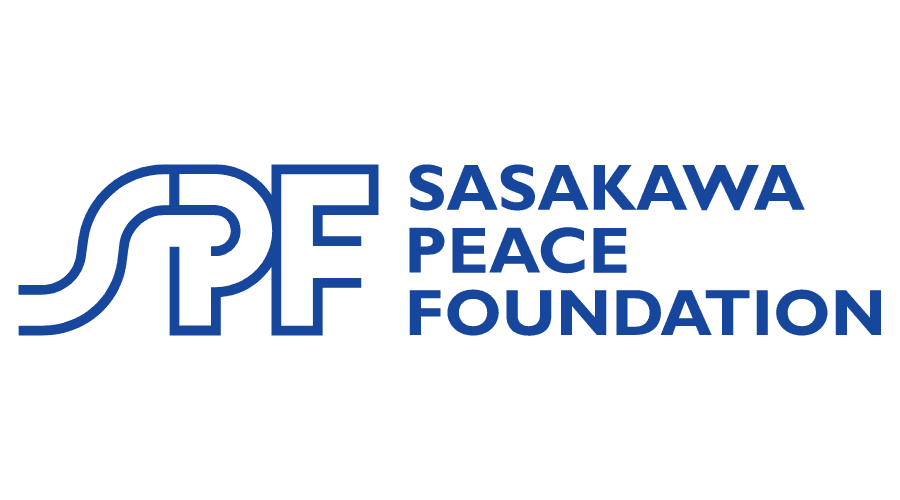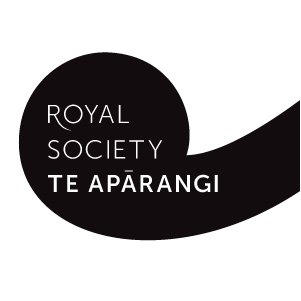
The Prime Minister of Samoa Hon. Fiame Dr Naomi Mata’afa is set to officially launch the Pacific Academy of Sciences (the Academy) and welcome its Foundation Fellows at an official side-event at the Commonwealth Heads of Government meeting in Samoa.
The Academy promotes the study and application of the natural and social sciences, the humanities, indigenous knowledge, and technology for the benefit of the Pacific Islands region and beyond.
Foundation Fellows have a fundamental role to play in enabling the Academy to deliver on its purpose.
The launch of a Pacific Academy of Sciences marks an important milestone in establishing a regional collaboration in the pursuit of knowledge for a prosperous and thriving Pacific Islands region.
The launch of the Pacific Academy of Sciences is facilitated by the National University of Samoa and the International Science Council Regional Focal Point for Asia and the Pacific led by the Australian Academy of Science with the support of the Royal Society Te Apārangi and Sasakawa Peace Foundation.
APIA, SAMOA, 23 October 2024
The Prime Minister of Samoa Hon. Fiame Dr Naomi Mata’afa has officially launched the Pacific Academy of Sciences and welcomed its Foundation Fellows in an address delivered by Deputy Prime Minister Hon. Tuala Tevaga Iosefo Ponifasio alongside the Commonwealth Heads of Government meeting in Samoa.
“Today’s challenges transcend borders,” Prime Minister Mata’afa said. “They require international collaboration among scientists and experts of all disciplines to curate knowledge and scientific evidence that can inform public policy and guide our actions. The launch of the Pacific Academy of Sciences marks an important milestone in establishing a regional collaboration in the pursuit of knowledge for a prosperous and thriving Pacific Islands region.”
The Pacific Academy of Sciences (the Academy) promotes the study and application of the natural and social sciences, the humanities, indigenous knowledge, and technology for the benefit of the Pacific Islands region and beyond.
Twelve eminent Pacific Island scholars have been elected as Foundation Fellows to lead the Academy to deliver on its purpose. Foundation Fellow and newly appointed Pacific Academy of Sciences President, Professor Teatulohi Matainaho from Papua New Guinea, highlighted the opportunities that an Academy would create for young scientists in the region.
“The Pacific Academy of Sciences will support our young people with their career development in the Pacific for the Pacific by providing mentors and building collegiality with peers regionally and globally,” Professor Matainaho said. “The Pacific Academy of Sciences offers exciting possibilities to connect scholars from across the globe who share a common goal, that is: addressing global challenges through evidence-based science and actionable knowledge.”
The Pacific Academy has been established as a charitable trust to be based in Apia in Samoa. The first meeting of the Governing Council (Trustees and Foundation Fellows) is set to be held after the launch.
“I offer my warmest congratulations to the newly elected Foundation Fellows who have the important and historic opportunity to advance the Pacific Academy of Sciences and give voice to science in and from the Pacific Islands,” Prime Minister Mata’afa said. “Now, more than ever before, the Pacific Islands has a mechanism to draw on its rich and unique knowledge of our region and its people to positively influence global decisions.”
The launch of the Pacific Academy of Sciences has been facilitated by the National University of Samoa and the International Science Council Regional Focal Point for Asia and the Pacific led by the Australian Academy of Science with the support of the Royal Society of New Zealand Te Apārangi and Sasakawa Peace Foundation.



